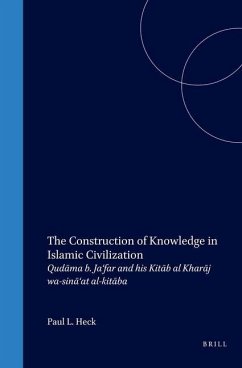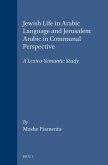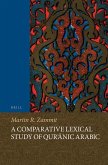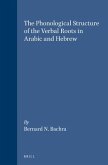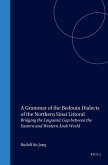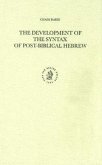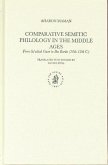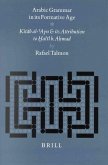This study examines the role of the state in the construction of knowledge in Islamic civilization in its early classical period (third/ninth and fourth/tenth centuries). Different voices representing different social groups savants, littirateurs, religious scholars, state officials all brought their particular conception of knowledge to bear on the formation of the various branches of knowledge known to Islamic civilization. Reading the works of various branches of knowledge alongside the administrative encyclopedia of Qud?ma b. Ja'far (d. 337/948), a state official in the employ of the Abbasid dynasty, has served to highlight the particular point of view of the state in the intellectual and cultural dialogue of the day. At the same time, this approach has shown Islamic civilization to be as much a dialogue of values between the different social groups of the day as a series of events or collection of ideas.

